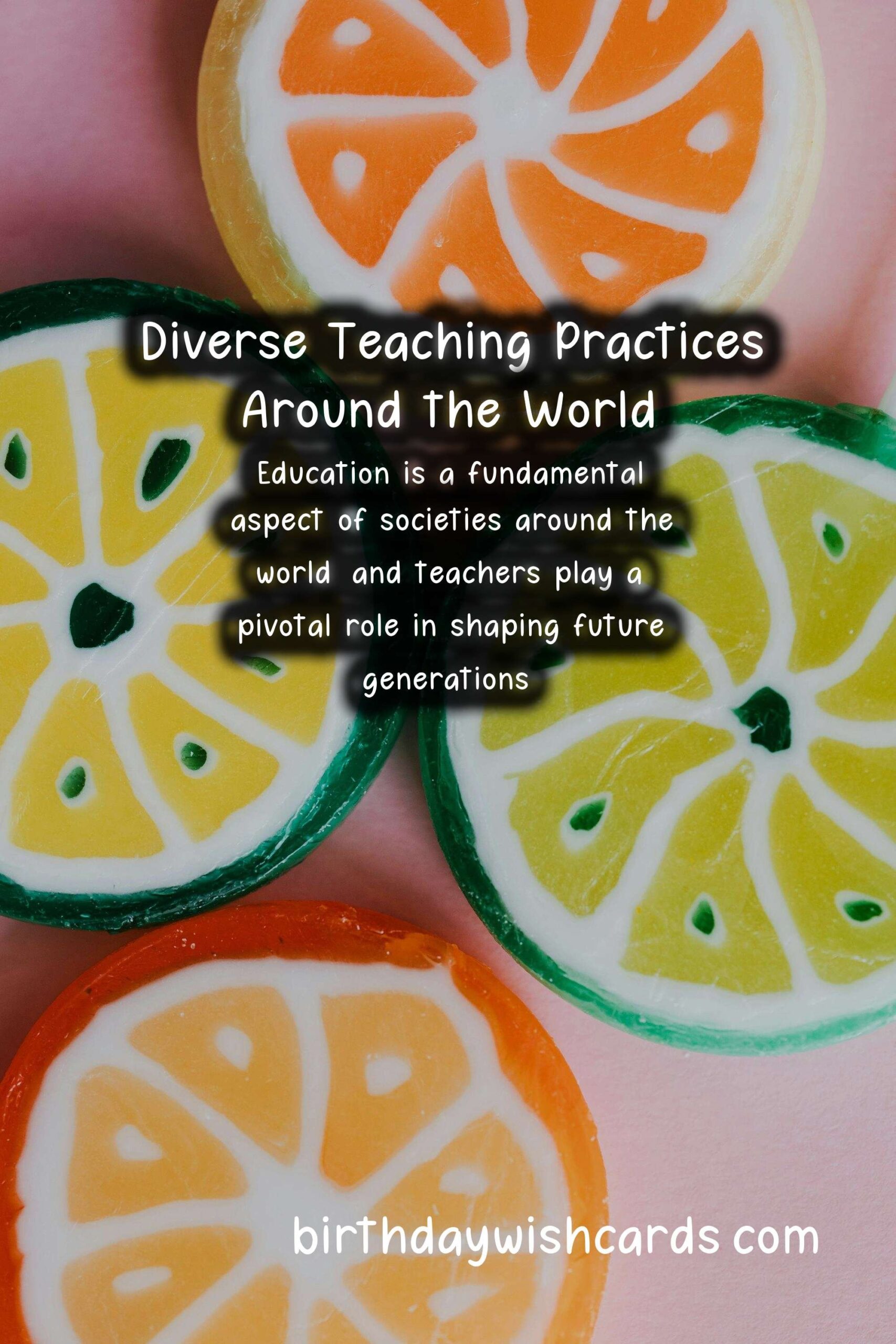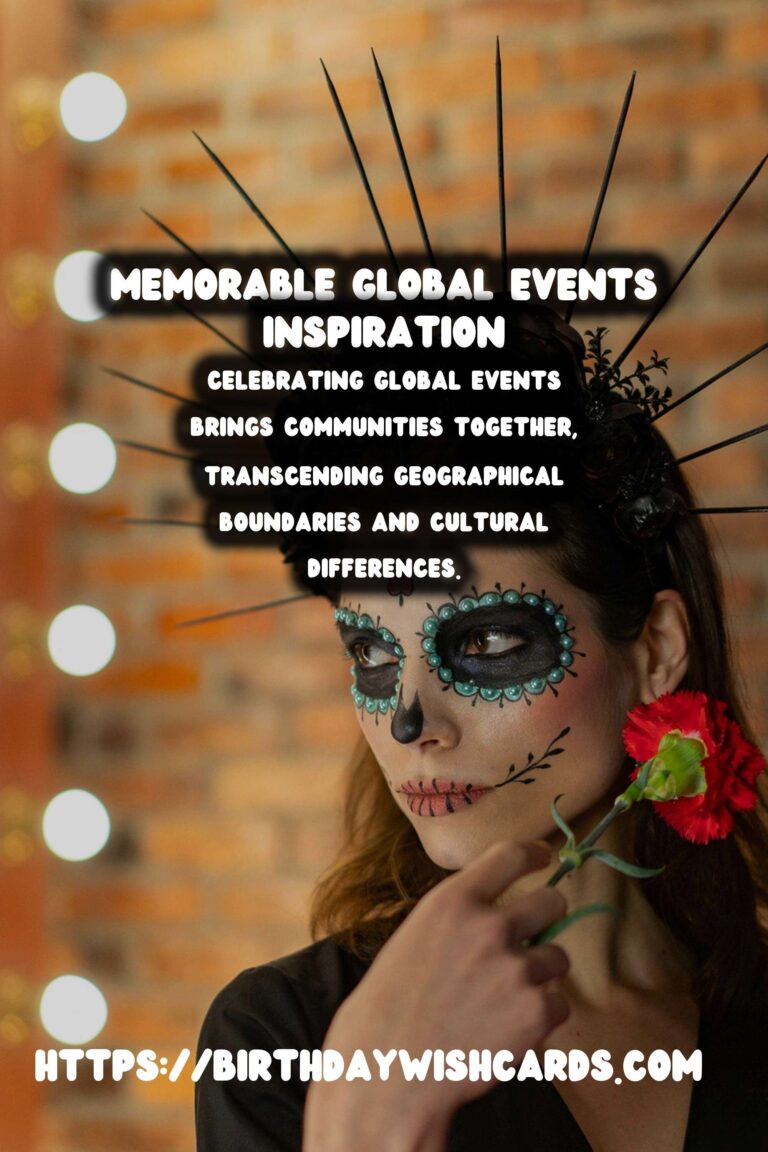Exploring Teachers in Different Countries: A Global Perspective on Education
Exploring Teachers in Different Countries: A Global Perspective on Education
Education is a fundamental aspect of societies around the world, and teachers play a pivotal role in shaping future generations. This article delves into the diverse experiences, challenges, and triumphs of teachers across various countries. By exploring these differences, we gain valuable insights into how education systems can be improved and how cultural contexts influence teaching practices.
Teachers in Finland: A Model of Excellence
Finland’s education system is often hailed as one of the best in the world. Teachers are required to have a master’s degree, which is supported by a rigorous selection process. The autonomy given to teachers allows them to tailor their pedagogical approaches to meet the needs of their students.
In Finland, teaching is considered a prestigious profession. Teachers enjoy a high level of respect in society, leading to a motivated workforce. The emphasis on collaboration over competition fosters a positive environment for both educators and learners.
Teaching in Japan: Tradition Meets Innovation
Japanese teachers are known for their dedication and hard work. The school year begins in April, and the curriculum emphasizes not only academic excellence but also moral education. Teachers frequently engage in co-curricular activities, which strengthens the bond between students and teachers.
The Japanese education system places a significant emphasis on discipline and respect. Teachers play a central role in instilling these values, which are viewed as essential for students’ holistic development.
Education in the United States: A Land of Diversity
The United States boasts a diverse educational landscape, with teachers facing unique challenges influenced by socioeconomic factors, regional differences, and varying state standards. The push for standardized testing and accountability measures has transformed teaching methodologies.
Despite these challenges, many teachers are creatively adapting to support their students. Innovative practices, such as project-based learning and technology integration, are becoming more prevalent.
Challenges Faced by Teachers in Developing Countries
Teachers in developing countries encounter significant obstacles, including limited resources, inadequate pay, and overcrowded classrooms. These challenges can hinder their effectiveness and impact student outcomes.
However, many teachers in these regions exhibit remarkable resilience and creativity in overcoming these challenges. By leveraging community support and local knowledge, they create impactful learning experiences despite the odds.
The Role of Teachers in Cultivating Global Citizenship
In an increasingly interconnected world, teachers are pivotal in promoting global citizenship among students. They equip learners with the skills and knowledge to engage with global challenges such as climate change, inequality, and cultural awareness.
By incorporating multicultural education and encouraging critical thinking, teachers inspire students to become responsible, active participants in their communities and the world at large.
Educational Technology and Its Impact on Teaching
Technology is reshaping education across the globe. Teachers are using digital tools to enhance their teaching, making lessons more interactive and engaging. In countries like South Korea, digital literacy is emphasized, and teachers are trained to integrate technology effectively in the classroom.
While technology offers numerous advantages, it also presents challenges. Teachers must navigate issues of digital equity, ensuring that all students have access to the necessary resources.
Conclusion: A Shared Commitment to Education
Teachers, regardless of their geographical location, share a common commitment to educating and nurturing their students. By exploring the diverse experiences of teachers in different countries, we can better understand the importance of adaptability and cultural awareness in education.
The exchange of ideas and practices across borders can lead to innovative solutions that improve education systems worldwide. Emphasizing collaboration and support for teachers will ultimately benefit students, driving progress in education for future generations.
Education is a fundamental aspect of societies around the world, and teachers play a pivotal role in shaping future generations.
Teachers in Finland are required to have a master’s degree, which is supported by a rigorous selection process.










#Teachers #GlobalEducation #InternationalTeaching #CulturalExchange






